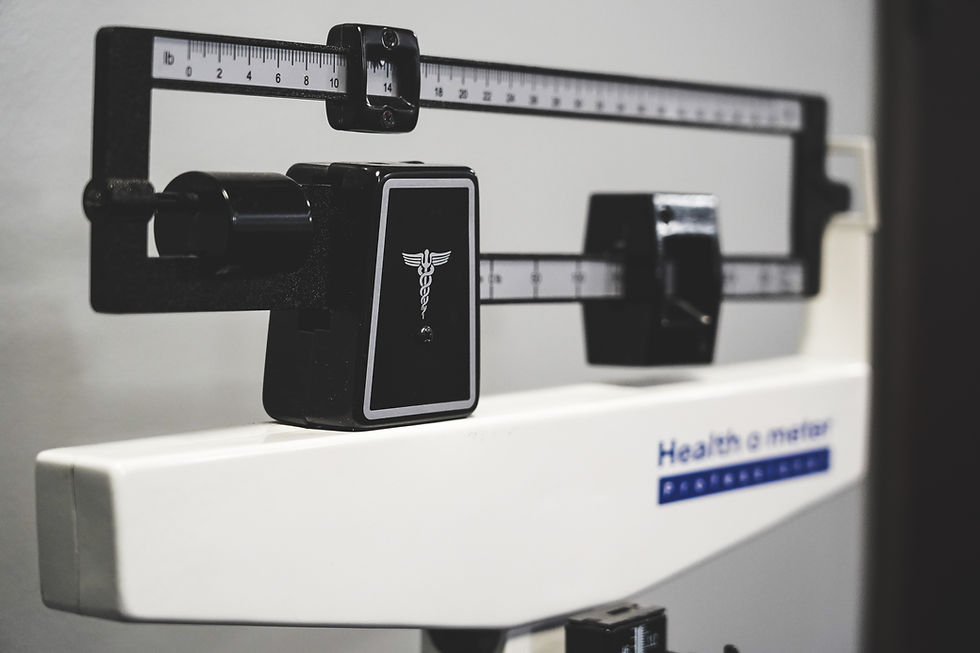It can be difficult to prove women-specific health conditions to the VA. Here's why, and what veterans can do about it
- MRPY Professional Services

- Jun 16, 2025
- 2 min read
By 2040, women are projected to make up 40% of the military – making them the fastest growing group in service, according to recent data from the VA. Despite the growing population, unfortunately, many women in the military suffer silently about common women-specific conditions that they face as a result of their time in service.
So how is it harder for women veterans to prove these conditions to the VA, and what can they do about it when trying to get the VA disability benefits they deserve?
We'll go over the details in this blog.
Women's issues aren't prioritized by the military
Unfortunately, women's issues simply aren't prioritized by the military. When medical conditions are women-specific, we have found a stigma that exists across all branches of service.
As a result, many women veterans feel that they need to compete with men – comparing themselves and minimizing their own fully-legitimate health issues in the process.
Many women in service and veterans are afraid to speak up about military sexual assault
Military sexual assault (MST) statistics are telling – with numbers increasing in recent years compared to older reports from the VA. According to the reports, 24% of women and 1.95% of men in the military have experienced sexual trauma. This includes sexual harassment, abuse, and/or rape.
Sadly, many women are afraid to speak up about their assault due to a valid fear of retaliation or lack of trust in the system. There are also fears over career issues, such as being held back from promotions, being seen as a troublemaker within units, and so on. Consequently, many service-connected conditions due to these assaults go unreported or ignored when they are addressed.
Even though there have been significant efforts by the military to end abusive behaviors, these issues still exist and many women veterans have experienced them.
Some women-specific conditions are very difficult to prove later on in life
Lots of barriers exist in the way things are done within the VA – and the passage of time makes it even more difficult to prove past service events that led to chronic conditions.
How women veterans can prove their conditions are service-connected
Proving women-specific service-connected conditions to the VA can be tough, but it's definitely doable when you follow the right process and prepare your claim adequately. Here are a few things we recommend to women veterans:
Get your exams EARLY ON. It's harder to do effectively later.
Speak up and get the right documents to earn service-connection.
Get lay evidence statements from people who have witnessed your experience.
Consider writing a personal statement about your experience.
Get the medical documentation you need
Don't go it alone – work with our compassionate team to get the medical documentation you need to make a difference for your claim. Start now by scheduling a chart review or review our full list of services here. We're ready to help you get the VA disability benefits you deserve to move forward in life with confidence.





Comments